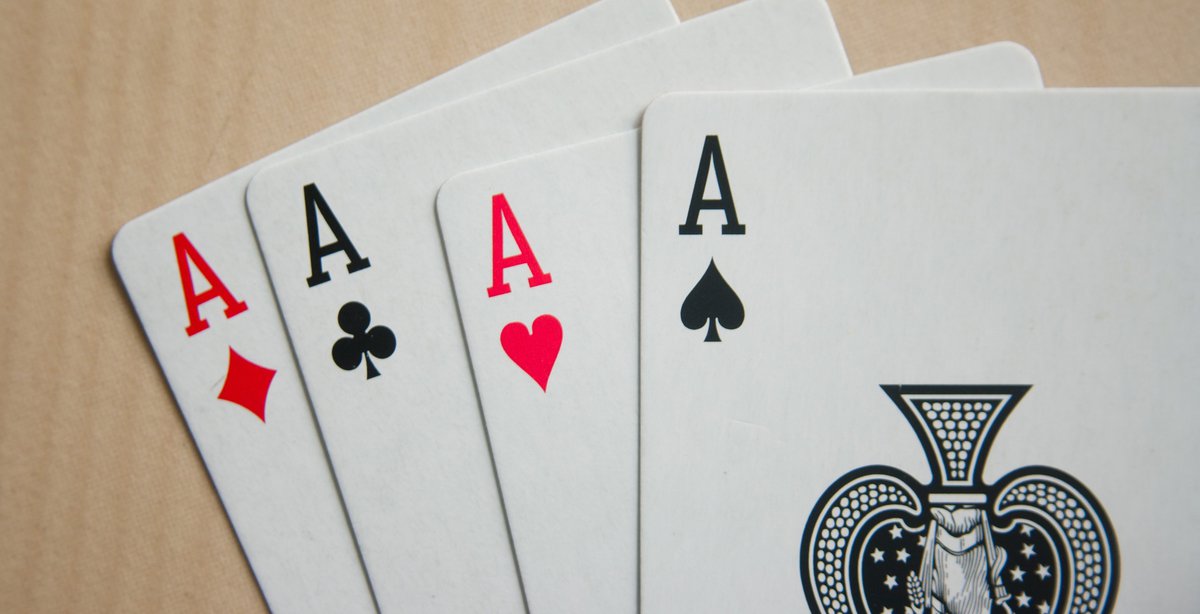I did a stint as a health care administrator some years ago. One of my more agreeable tasks was to recognize the exceptional service provided by a handful of docs over the preceding year. We met in a crowded conference room one late afternoon. The speeches were short, the applause was genuine, and afterwards the assemblage broke into a number of small groups, off to local restaurants to cap the afternoon’s celebration.
My group included one of the docs we’d feted – he happened to be a department head – and two of his colleagues. Our evening was a pleasant one, with good food, easy conversation and cocktails. We again complimented the honouree in our midst and in turn assured him that the kudos he’d received were richly deserved.
Doctor Merit (I’ll call him that) at first demurred and said little but gradually warmed to the topic and became more expansive. He’d thought about his career, he allowed, and the accompanying honours of a successful career. He concluded that, as far as he’d been able to determine, people in general were accorded the success and the recognition that they deserved. He didn’t go on to comment or describe possible exceptions to the meritocracy he was describing. Whatever the three of us thought about this went unsaid: there seemed no point in disturbing a fine evening, and we concluded the event with cognac and final pleasantries.
We returned to busy lives, and our celebration was soon back of mind. Dr. Merit retired shortly thereafter and moved away, but from time to time I remembered our interaction. Merit had been a surgeon, an exceptional one. His colleagues had only good things to say about him and so did his patients. He’d published well-regarded papers in academic journals and embodied successful practice. Nevertheless, fragments of our conversation returned to me from time to time. I couldn’t agree with the doctor’s thesis that we get what we deserve.

Medicine may be the discipline most unlikely to support the notion of a just world, if for no other reason than that patients demonstrate randomness, both in the afflictions they suffer and in the many varied responses to treatment. Who knows, for instance, why congenital illness occurs or why deadly illness can appear as a bolt from the blue? Our investigative powers are remarkable, as are our treatments, but that does not describe a meritocracy.
The so-called just world hypothesis is more a fallacy than a theory, another example of cognitive bias; it’s a feeling more than an idea. It’s certainly straightforward: the rich and the beautiful must be deserving, even if the rationale is not completely evident. Alternatively, those who suffer the strings and arrows of outrageous fortune must bear responsibility for their misfortune. Perhaps they’re dumb, cruel or profane. Whatever – it’s their fault! Somehow or other. So the argument goes.
One day, we may know all about causal chains, but I doubt it. We commonly recognize our world’s complexity, noting whimsically that the beat of a butterfly’s wings in Florida may eventually determine turbulence in the Aleutian Islands or a sandstorm in North Africa.
This may be true, but who knows? It may also be true that the oscillation of an insect’s wing may account for a weather event that didn’t happen! Our appetite for simple answers is undiminished, though, and where we don’t know, we fill in the blanks.
Our failure to recognize the role of luck or randomness in our lives has implications. Consider our uncritical admiration for celebrities, wealthy individuals and tycoons, and our fawning attention to them. How very often these folk respond to our attention and their own success with simplistic and self-congratulatory anecdotes that fill social media and bookstores with content that ranges from puffery to light, unrewarding reading. Regurgitating the thoughts, speeches and interviews of notables is, however, big, big business.
The common threads in this enduring and growing genre are recipes for success. The first such book I’m aware of, titled Self-Help, was published in 1859. Its opening sentence “Heaven helps those who help themselves” is a variation of the maxim “God helps those who help themselves.” The publications that followed include Dale Carnegie’s How to Win Friends and Influence People (1936), Napoleon Hill’s Think and Grow Rich (1937), followed by many others. Inclusive of audio and video products, books, seminars, and personal coaching, the self-improvement industry has grown into a multi-billion-dollar enterprise.
This burgeoning advice from entrepreneurs and celebrities has fostered expectations that are unrealistic and often impossible. “Anyone can do it” is the subtext. This is patently not true and, to iterate, success requires a combination of talent, effort, and luck.
In spite of our reluctance to consider the role of chance in our achievements, recognition of luck has a long history. “Good luck” we often say to those off on a new adventure and, if this turns out not so well, we commiserate with “bad luck.”
It sounds innocuous, but understanding luck, chance or randomness has spawned much of our understanding of quantum mechanics and the random genetic mutations that underpin evolution through natural selection. Probability theory has been derived from attempts to develop mathematical models of chance events and undergirds statistics, without which we would know little about the validity of our research experiments indeed. It is perhaps paradoxical that we must allow for randomness in our methodology and our search for truth in research endeavours. In spite of this, we’re bad at assessing randomness and probability in our lives.
We think that unrelated events are linked, that magical thinking can affect future and even past events when it can’t. When we toss a coin and get heads up four or five times in a row, we’re certain that the next toss will come up tails for sure, and we’ll bet on it.
Our predilection to make connections between unrelated events has led to considerable nonsense. To avoid bad luck, we won’t step on sidewalk cracks, will run away lest a black cat cross in front of us and will avoid broken mirrors. On the other hand, to solicit good fortune we sport four leaf clovers, rabbits’ feet and horseshoes. As a result, and again uncritically, many of us consider ourselves either lucky or unlucky.
A personal wrinkle here: in medical school, decades ago, during the summer recess, I won a car at a summer fair. I was, of course, surprised – particularly because the ticket was purchased for me by my father, who considered himself unlucky. More surprising was my reaction to the news. I was troubled that perhaps my good luck had now run out! I guess I’m a glass half-empty sort of guy, rather than a glass half-full fellow.
As Darwin could remind us, our attitudes and behaviours have evolved over countless millennia. As Carl Sagan might have put it more recently, our rationality is our “candle in the dark.”
We can likely think more clearly. But we’ll have to work at it.
Editor’s note:
The views, perspectives and opinions in this article are solely the author’s and do not necessarily represent those of the AMA.
Banner image credit: Szabolcs Molnar, Pixabay.com

